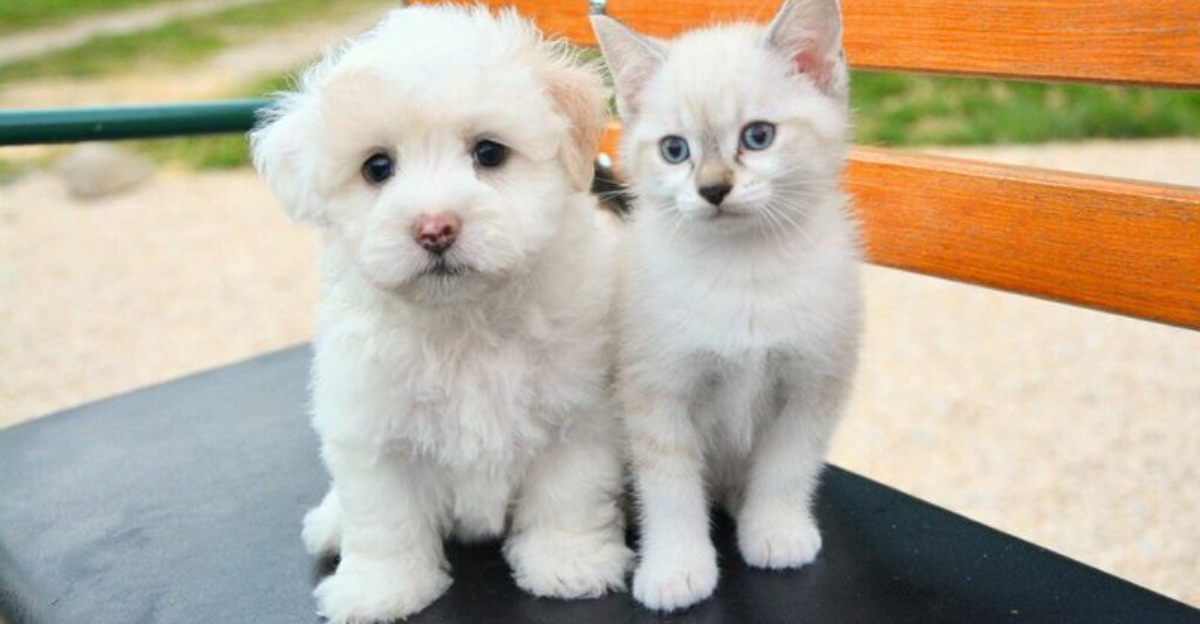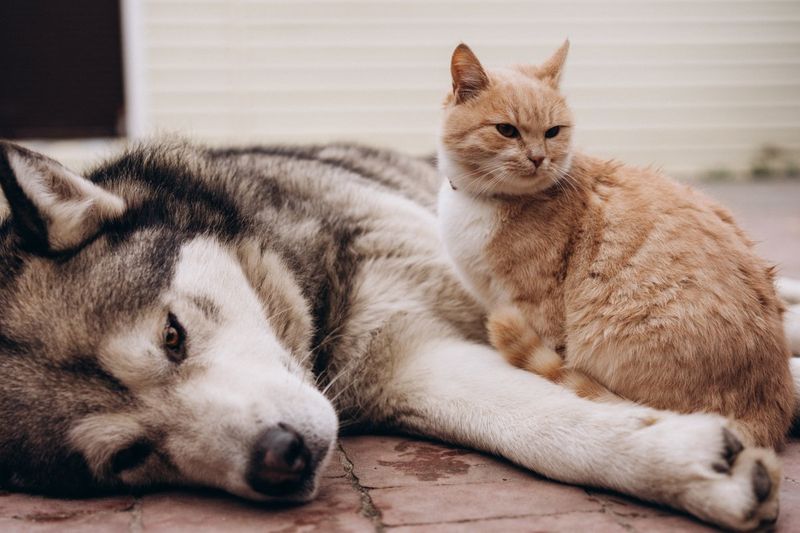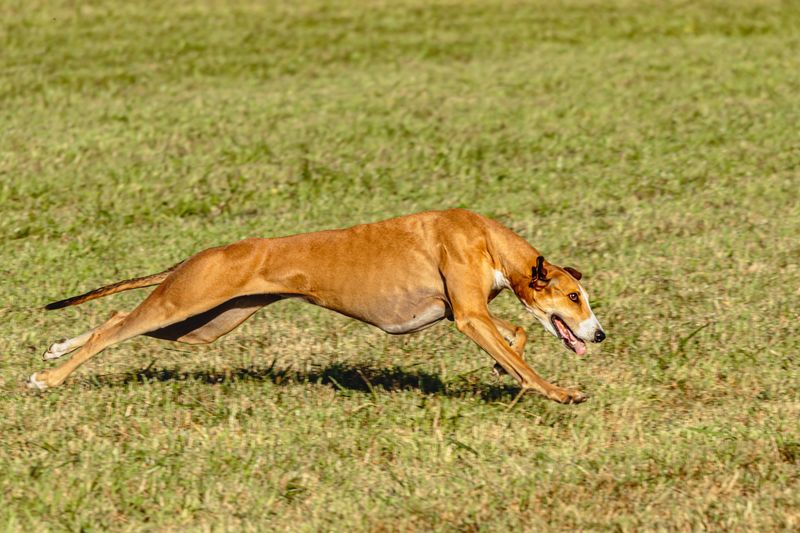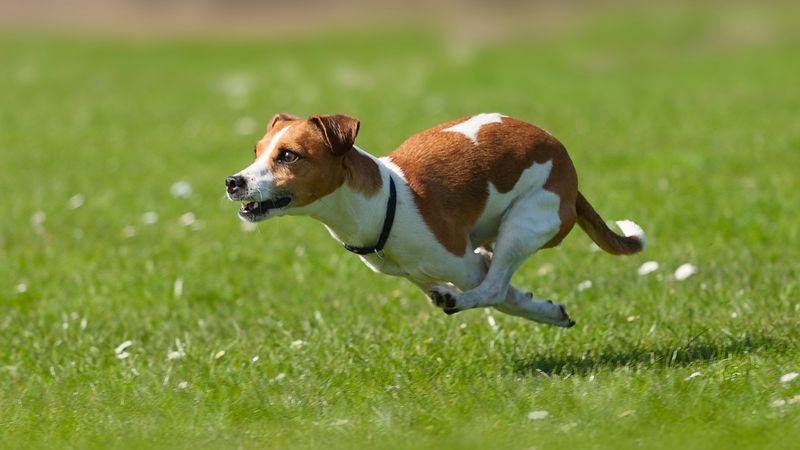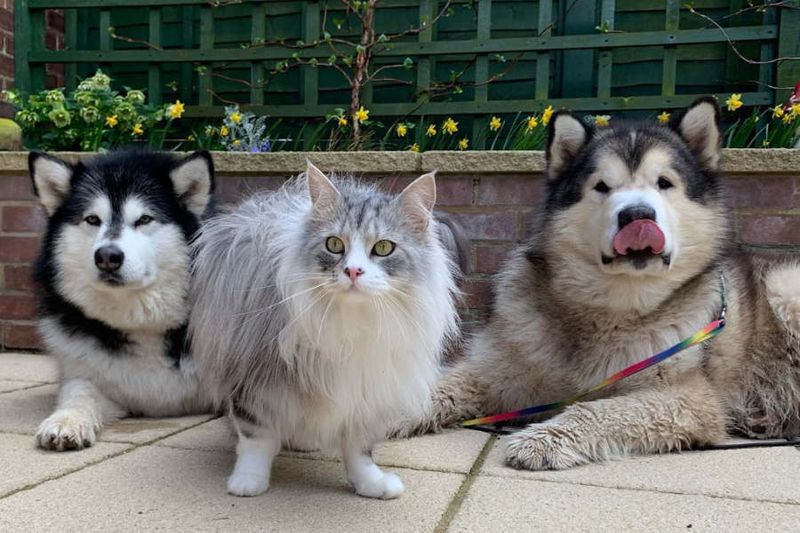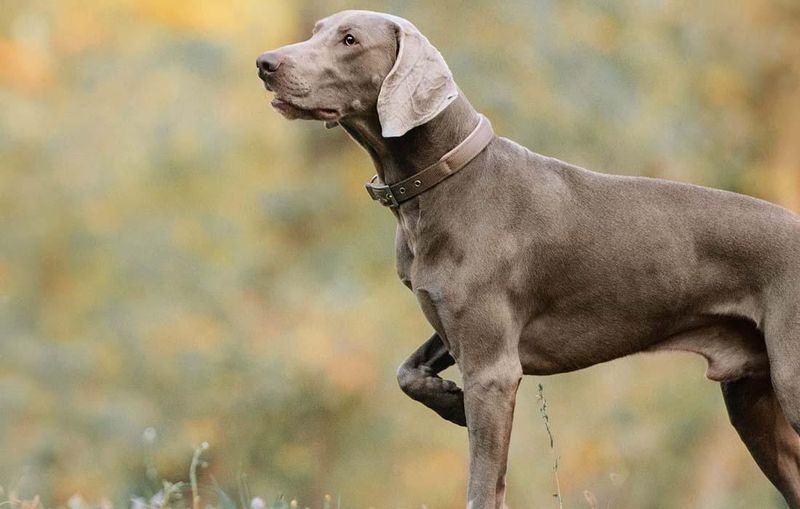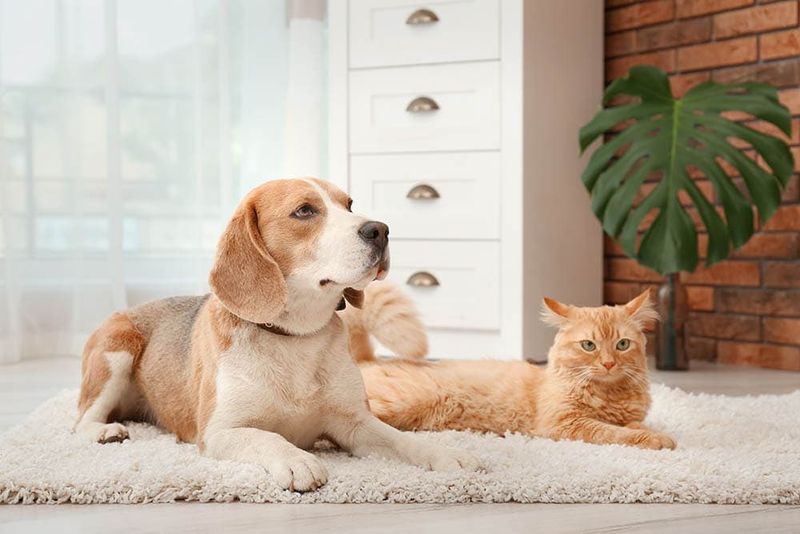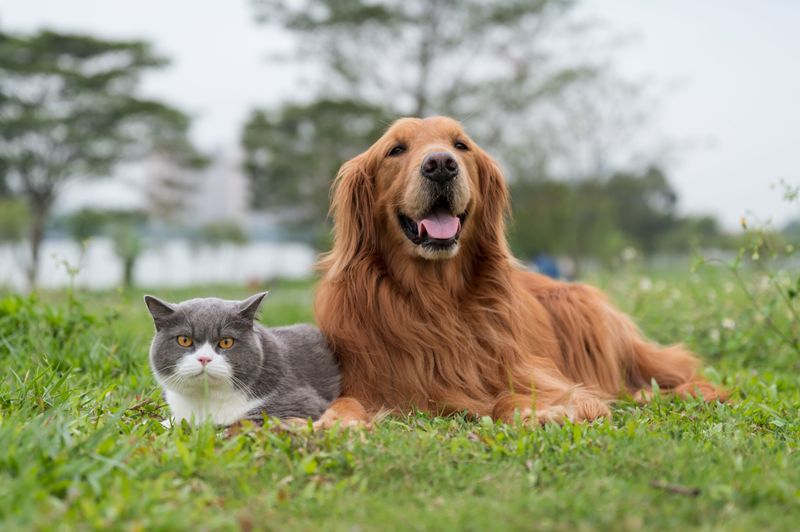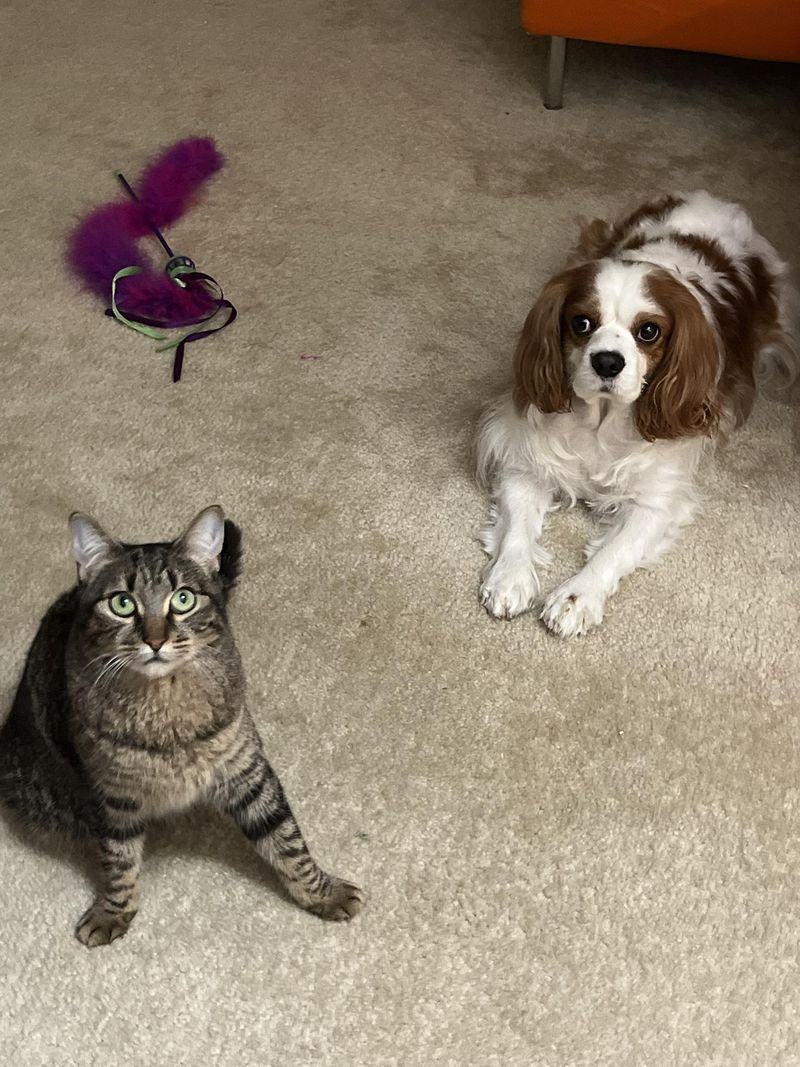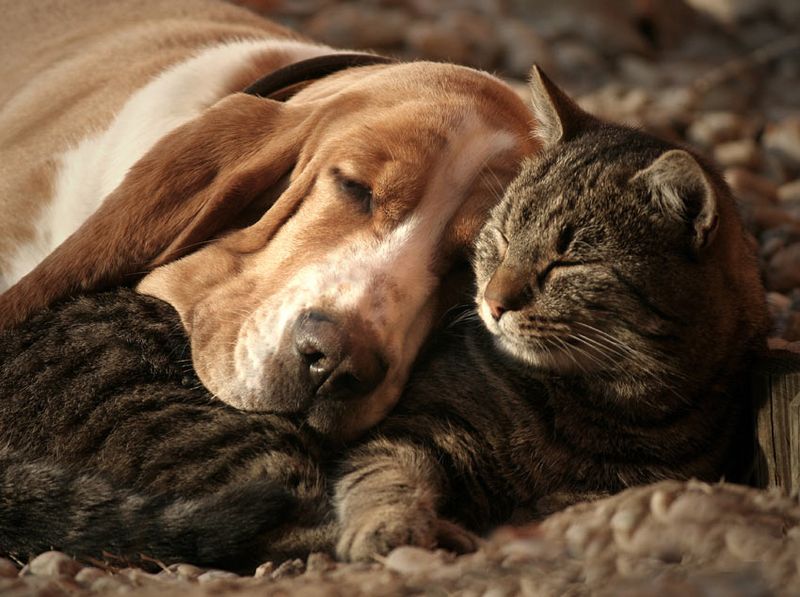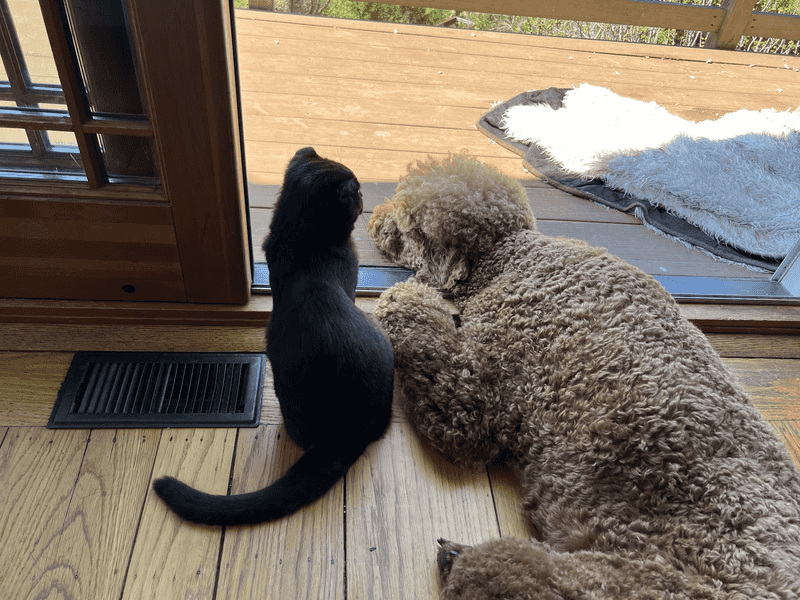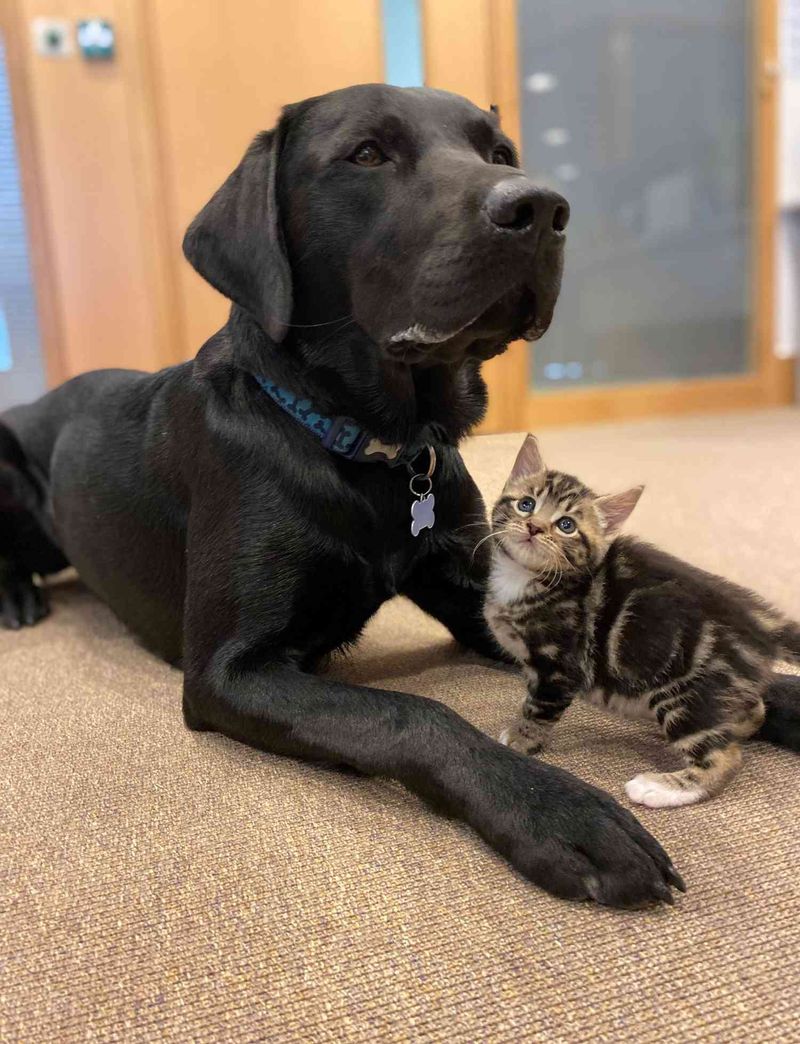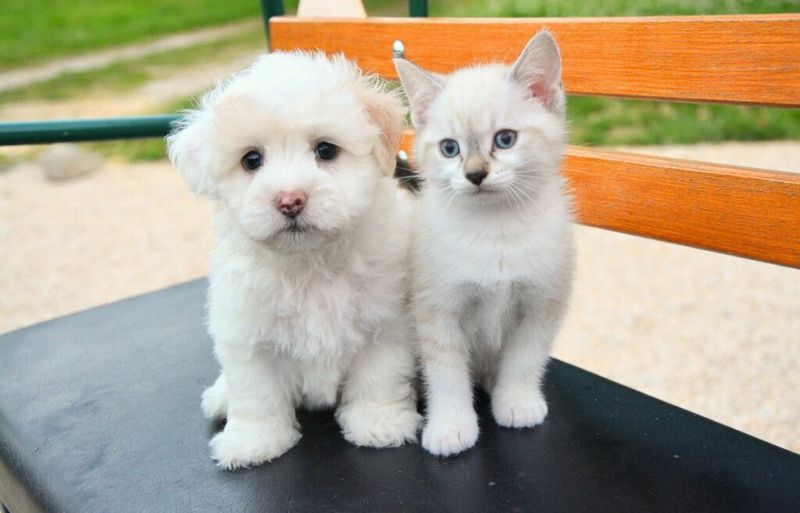📖 Table of Content:
Finding the right pet companions for your household can be both exciting and challenging. While some dogs and cats form instant bonds, others may struggle to coexist peacefully. Knowing which dog breeds are more likely to get along with cats, and which ones might cause tension, can help avoid potential conflicts.
Certain dog breeds, due to their high prey drive, territorial nature, or strong personalities, may not be the best fit for a home with cats. These breeds could create stress and confusion for your feline friend, leading to disruptions in your household. Recognizing the traits that make some dogs less compatible with cats is crucial for maintaining a harmonious environment.
On the other hand, some dog breeds are naturally more tolerant and gentle with cats, making them ideal companions in a multi-pet home. These breeds tend to be patient, calm, and respectful of feline boundaries, helping create a peaceful coexistence. Understanding the characteristics of both types of dogs can ensure the safety and happiness of both your dog and cat.
1. Siberian Husky
Huskies are known for their striking blue eyes and wolf-like appearance. Despite their beauty, these dogs have a strong prey drive that can make them incompatible with cats. Their energetic nature often leads them to chase smaller animals, turning a peaceful living room into a chaotic chase scene.
Huskies thrive on adventure and may mistake your cat for a furry playmate or, worse, prey. These dogs require plenty of exercise to burn off their boundless energy. Without it, they might find entertainment in less desirable ways.
2. Greyhound
With a sleek body designed for speed, Greyhounds can cover ground quicker than most. This makes them challenging for cat households. Their instinctive drive to chase and catch moving objects can spell trouble for your feline friend.
Though they are gentle giants, their love for the chase can make peaceful cohabitation with cats tricky. Yet, with proper training and socialization, some Greyhounds can learn to resist the urge. Consistent patience and effort are key.
3. Jack Russell Terrier
Despite their small size, Jack Russells are full of vigor and a strong prey instinct. Their boundless curiosity can lead them to relentlessly chase anything in sight, even cats.
These terriers are known for their intelligence but can be stubborn, making training a challenge. If you love both dogs and cats, this breed might require extra creativity and dedication in household management.
4. Alaskan Malamute
Alaskan Malamutes are powerful and independent with a heavy coat built for harsh winters. Their strong will and high energy can sometimes clash with the calm demeanor of a cat.
These dogs are pack animals, often seeking to dominate and lead, which might not sit well with a feline sharing its space. Their size and strength mean they need substantial space to roam and explore. Training and early socialization might mitigate these instincts, but it’s a formidable task.
5. Weimaraner
With their sleek coats and regal demeanor, Weimaraners naturally draw attention. However, their strong prey drive often makes them a poor fit for households with cats.
Known for their intelligence and loyalty, Weimaraners require constant companionship and activity. Without proper mental and physical stimulation, they might redirect their energy towards chasing feline companions. These dogs thrive in active homes that can match their zest for life.
6. Beagle
Armed with an incredible sense of smell and a natural curiosity, Beagles are always on the hunt for something new. However, their instinct to track and chase makes them prone to going after smaller animals, such as cats.
These dogs are friendly and loving but can be quite headstrong. They require ample mental and physical stimulation to keep their inquisitive minds occupied. Training is crucial to manage their natural instincts and ensure a peaceful coexistence with feline housemates.
1. Golden Retriever
Golden Retrievers are known for their friendly and tolerant nature, often getting along swimmingly with cats. Their gentle disposition makes them excellent companions for a multi-pet household.
These dogs have an easygoing attitude and are generally patient, which helps in forming bonds with felines. With their joyful spirit and love for companionship, Golden Retrievers often see cats as part of the family, rather than competition. Their adaptable nature makes them a favorite among pet lovers.
2. Cavalier King Charles Spaniel
Known for their affectionate nature, Cavalier King Charles Spaniels are the quintessential lap dogs that usually blend well with other pets, including cats.
These small but friendly dogs are easy to train and eager to please, making them ideal for a harmonious multi-pet household. Their calm demeanor and sweet disposition allow them to coexist peacefully with cats, often forming strong bonds over time. This breed’s love for companionship ensures they feel at home with feline friends.
3. Basset Hound
With their long ears and soulful gaze, Basset Hounds are the epitome of calm and gentle giants. Even though they come from a hunting lineage, they generally display patience and tolerance with cats.
Their easygoing nature means they rarely pose a threat to feline housemates. These dogs are known for their laid-back attitude, preferring a relaxed pace of life. Bassets tend to form bonds with cats, especially when introduced properly, making them a favored choice for a peaceful home.
4. Poodle
Poodles, known for their intelligence and versatility, often fit well into homes with cats. Their sociable nature and quick learning ability make them adaptable companions.
These dogs come in various sizes, making it easy to find one that fits your living situation. Poodles are often intrigued by cats but in a friendly way, seeing them as playmates rather than prey. Their adaptable and social personality ensures they coexist peacefully with feline friends.
5. Labrador Retriever
Famous for their friendliness and outgoing personality, Labradors are among the best breeds to share a home with cats. Their calm temperament and goofy charm make them adored by families.
These dogs embrace companionship and often quickly accept cats as part of their pack. Their loving nature and gentle demeanor foster a peaceful cohabitation environment. Labradors thrive in active homes where they can engage in play with both humans and other pets, including felines.
6. Maltese
Maltese dogs are renowned for their affectionate and gentle nature, making them ideal companions in a home with cats. Their small size and friendly demeanor allow them to bond easily with feline friends.
These dogs are typically calm and enjoy spending time with their families, including cats. With their sociable character and love for lounging, Maltese often find themselves snuggled up next to their feline counterparts, creating a harmonious living environment.
